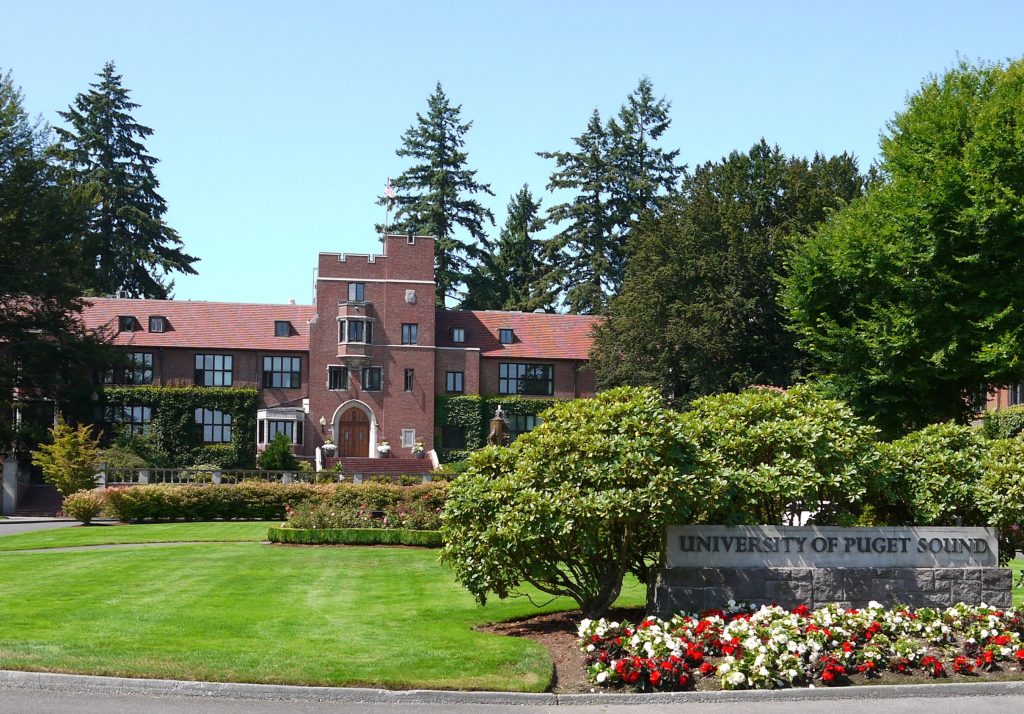By Sofia McLaren

Last semester I decided to enroll in AFAM 375, Harlem Renaissance, however, before I could enroll the class was taken down and no longer being offered. The cancellation of classes was a phenomenon I had not experienced before signing up for a class in the African American studies program. I don’t think I even knew it was a possibility, but it seems that the resources in the program can’t always support the classes that professors would like to teach. I immediately mentioned it to Professor Renee Simms, a professor in the African American studies program as well as the English department. Professor Renee Simms explained to me that this kind of thing happened, that they had to delete a specific section of 101 as well because they didn’t have the resources to make it happen. I had other friends who were planning on taking the section of 101 and were also unable to do that. I was irritated, not only because this had happened to a class I wanted to take, but that it had happened in the African American Studies program specifically.
“The identity based programs continue to be the smallest programs on campus and because they are small they don’t get the title of department on the University campus.”
Why was it that I was only hearing about this happening in AFAM? I spoke with Professor Simms about the resources in the program and how the allocated resources are similar to the Gender and Queer Studies program (GQS) as well as Latino Studies. In these identity based programs there tends to be a greater need for and use of adjunct professors which changes the allocation of funds in the program and is an indication that these programs are in need of growth. The identity based programs continue to be the smallest programs on campus and because they are small they don’t get the title of department on the University campus.
“I discussed it with friends and no one else had experienced this in their prospective major departments.”

The deletion of classes was a new thing to me, but I couldn’t believe that I was only hearing about it in the African American Studies department. I discussed it with friends and no one else had experienced this in their prospective major departments. African American studies has had a rollercoaster of a ride at University of Puget Sound (UPS), being part of the curriculum in the 1970s and then being nonexistent from about 1978-1999. However, in the 1990s Dr. Nancy Bristow was hired in the history department and Dr. Hans Ostrom was hired in the English department, both saw the importance of African American Studies and it was approved as an area of study in 1994-1995. The minor first appeared in the bulletin in 1999. Although this was a victory for the field of study, the problem that remains today can be seen with professors housed in other departments helping to round out the African American Studies department or the other way around. An example of this today is Professor Renee Simms, who was hired in 2011, although she is listed as an associate professor in the African American Studies program, she is also a contributing faculty to the English department and works with the Center for Writing, Learning, and Teaching (CWLT), meaning less classes that can be taught in African American Studies. She was originally interviewed to be part of the english department and ended up being hired for the AFAM program and has enjoyed the focus she has been able to allocate to the black diaspora.
Professors have a set salary and that means that they are expected to teach 3 classes a semester, however, there are so many other things going on in the African American studies program, therefore, not all the professors have the opportunity to teach 3 classes within the program, or 3 classes at all. The program is dedicated to actively involving the community and contributing to the University in meaningful ways that they greatly enhance the University in other ways, besides teaching classes. Professor Simms is an example of this, she works in the CWLT as a faculty advisor, which gives her a course release. Course releases can be given for being a faculty advisor in a specific area, grants for research, directing projects, and various other reasons. Due to Professor Simms’ course release she teaches a 3:2 year, meaning she teaches 3 classes during the fall semester and only 2 during the spring semester. The course releases exist to give professors an opportunity to allocate time in other areas besides their classes, showing their dedication to bettering the University in multiple ways.
“The AFAM professors allocate great amounts of extra time to the University, investing in the future of this campus and the students that are enrolled here. It is time for the university to fully invest in the program.”

Dr. Dexter Gordon is another professor in the department with immense responsibilities and projects. He was hired in 2002 as the director and has remained the director of the African American Studies Program, director of the Race and Pedagogy Institute, and a professor in Communications Studies. These roles all take time and dedication and make it difficult for Professor Gordon to teach as many classes as other professors, therefore, he is given course releases for this extended service. The program has managed to stay grounded and in 2015 became designated as a major. The AFAM professors allocate great amounts of extra time to the University, investing in the future of this campus and the students that are enrolled here. It is time for the university to fully invest in the program. The investment in the community that the AFAM program works so hard on is one of the many reasons that the program is valuable. Community involvement is pivotal for getting ideas circulated and giving the University the right recognition. For the amount of investment the AFAM program puts into the University it is time to see the University investing in them.
“The lack of classes is exactly how programs disappear and the AFAM program needs to stay, it is a vital connection for this campus to the community.”

The designation of African American Studies as a major was a huge victory because it was, and still is the only major offered in African American Studies in the state of Washington. I am grateful that I have the opportunity to major in an area of study that I care about, however, I want to know why there is such a struggle to offer enough classes. The battle has become the ability to offer enough classes in the program so that students can achieve the major. Two years after the major was designated, the University hired Dr. LaToya Brackett, a 3-year visiting professor who has now interviewed for a tenure track position and been hired. This interview for a tenure track position came after years of proposals to the university, years of extra work. While these are great accomplishments, the fact remains that the department continues to cancel courses because they do not have the resources to teach them. The lack of classes is exactly how programs disappear and the AFAM program needs to stay, it is a vital connection for this campus to the community. As a community we can not let the program become invisible and slowly disappear, it is our job to make sure the program continues to get stronger.
Upon further questioning, I discovered that the professor who was going to teach the Harlem Renaissance course this semester was Dr. Juli McGruder who retired from the Occupational Therapy Program here at UPS. Dr. Juli McGruder would have been an adjunct professor and that costs more money for the program which is partly why the class was designated to be cancelled. Dr. McGruder did not study African American studies, however she has been very active within the program because, as Professor Simms said, she is “an independent scholar and has a love for Black literature and arts.” The decision for the teaching of the class by an adjunct professor was made by Juli Christoph, the Associate Dean, who also made the decision to cancel the class. According to Juli Christoph there are “usually quite a few (50-100) course additions, deletions, and corrections that happen in the month leading up to registration.”
“The interest and dedication in the program needs to continue to grow because that is the only way to ensure its permanence. The University needs to do their part in helping the AFAM program grow and continue to thrive on this campus, that does not include continuing a pattern of cancellation.”
Although they had found a professor to teach the class, they weren’t able to have a professor from the program teach the class. This shows that even with hiring a visiting professor, now a tenure track professor, the program is still in need of professors and needs to continue to grow in its capacity. In the words of Dr. Gordon, “The future of African American Studies depends, as it always has done, on the work of scholars, students, and communities of interest.” It is important that as a University community we recognize the areas of the institution that need support and relevance on a larger scale than is being offered now. The interest and dedication in the program needs to continue to grow because that is the only way to ensure its permanence. The University needs to do their part in helping the AFAM program grow and continue to thrive on this campus, that does not include continuing a pattern of cancellation. We as students also need to continue to advocate for the program and share the amazing experiences we’ve been given by being a part of the program and by taking the classes taught by incredibly engaging professors.


